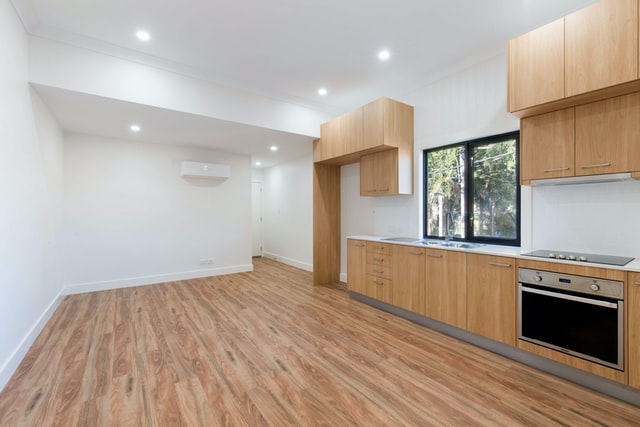One of the most sought-after pieces of information to learn about a potential new neighborhood is the crime rate. No one wants to move to an unsafe area if they can avoid it. Even if you are required to move there because of a situation outside your control, you’ll want to know what you should be on the lookout for and how prepared you need to be. There are a few different websites to help you learn more about crime in your new neighborhood.
SpotCrime and CrimeReports are very similar. Both allow you to enter an address and gain an instant report of recent crimes in the neighborhood. They also both allow you to sign up for alerts. SpotCrime additionally lets you provide information to help others anonymously. Neighborhood Scout provides per capita crime rates in any neighborhood you select, not just your own, and also has a comparison feature that allows you to find other neighborhoods with similar crime rates. Family Watchdog has a more narrow purpose. It specifically looks for the locations of registered sex offenders and informs you if one is living in the area.
Photo by Maxim Hopman on Unsplash



















